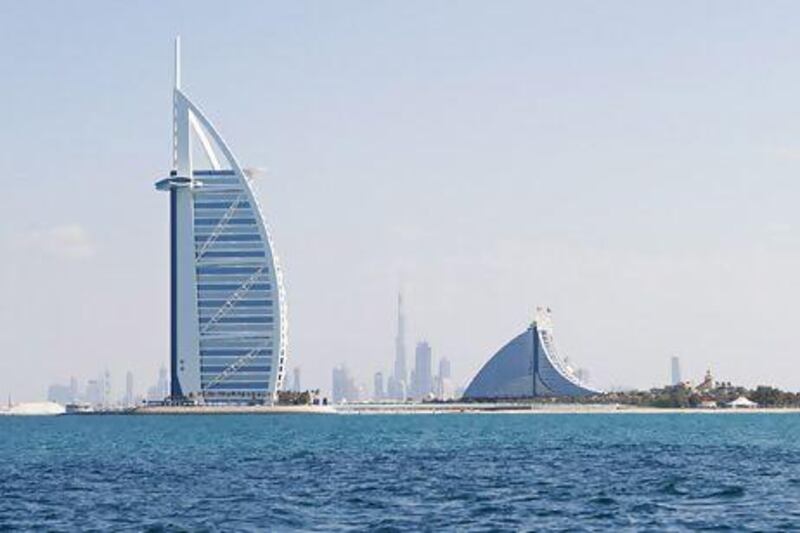Dubai Holding Investment Group (DHIG) has secured an agreement with its creditors to delay the maturity of a US$1.2 billion loan to 2020, as the emirate continues to resolve its lingering debt commitments dating back to the fallout from the 2009 global financial crisis.
"Dubai Holding can confirm that DHIG's $1.2bn syndicated loan has been successfully restructured as of August 29, 2013," said a Dubai Holding spokesperson in a statement.
"The restructured loan has been extended to 2020 at the original rate of interest with no impact on the principal payment."
DHIG, part of Dubai Holding, is a private conglomerate that formed as a result of combining previously separate entities of Dubai Group and Dubai International Capital. DHIG holds a government-controlled stake in Shuaa Capital, a Dubai-based investment bank.
Dubai Holding is a diversified group whose portfolio includes the developers Dubai Properties Group, Sama Dubai and Tatweer and the hotel operator Jumeirah Group.
DHIG took a $1.2bn facility in 2007 to purchase a 9.9 per cent stake in Och-Ziff, a US hedge fund, by its subsidiary Dubai International Capital. The amount is separate from DIC's $2.4bn debt deal with creditors last year and Dubai Group's own $10bn debt restructuring plans.
"The DHIG restructuring is a relatively small banking system exposure but its conclusion is a positive sign for the DG restructuring process which has thus far been a very protracted affair," said Khalid Howladar, a senior credit officer at Moody's Investors Service in Dubai.
"The uncertainties surrounding the restructuring of the Dubai Group exposures have weighed heavily on the UAE banking system for a while given the high expected loss rates. Once concluded it will allow the exposed banks to look forward."





